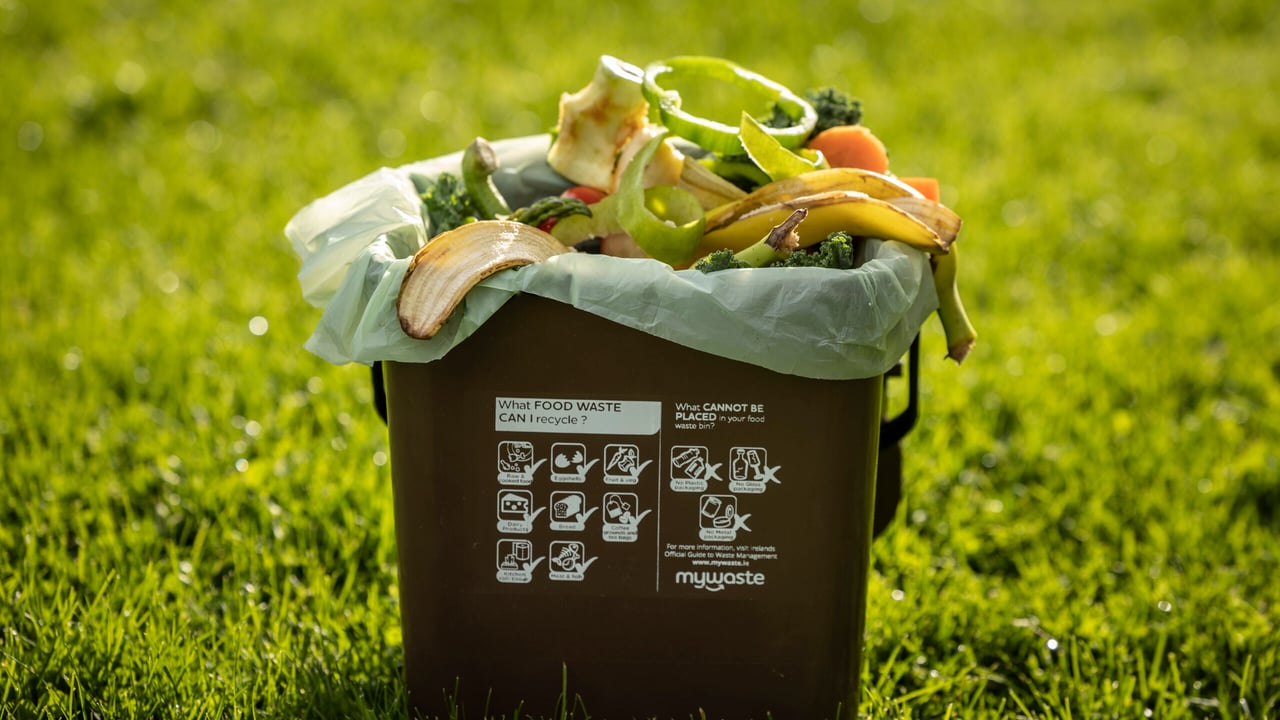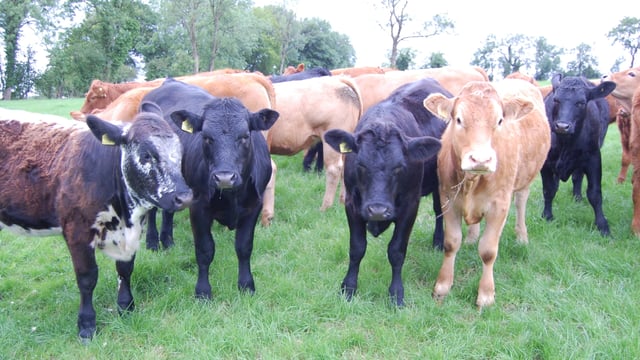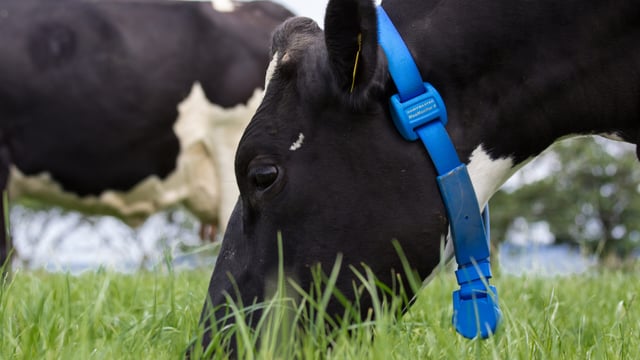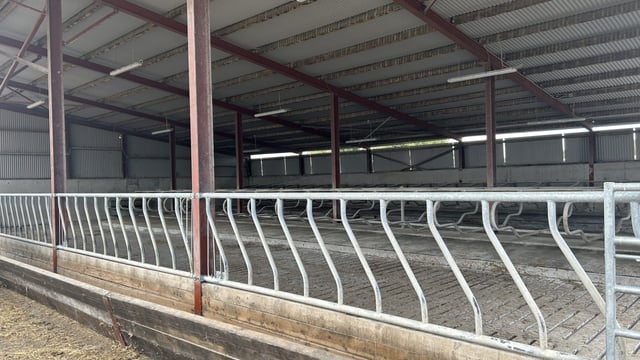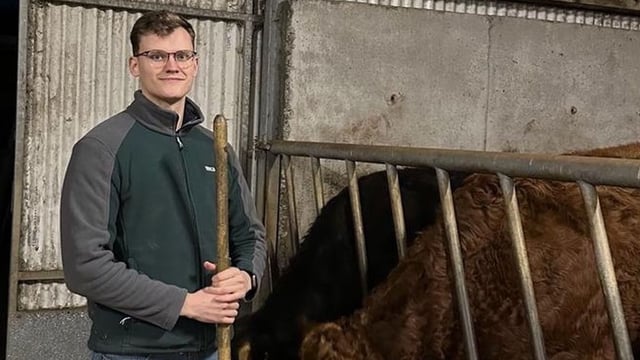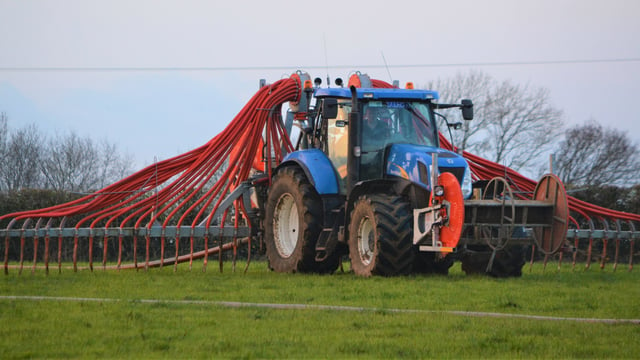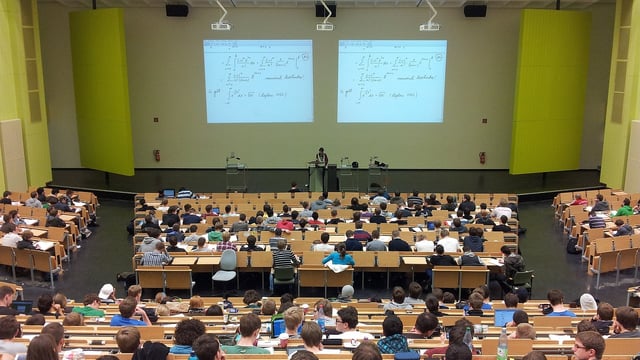EEA: More efforts needed for 'huge' food waste problem
The European Environment Agency (EEA) has called for "more effective measures" to tackle the "huge" problem of food waste in the EU, following the publication of a new report.
The report published by the EEA, 'Preventing waste in Europe Progress and challenges, with a focus on food waste' assesses the waste prevention actions via data and trends the EEA does in support of the EU’s Waste Framework Directive.
It highlights EU Commission research, which shows an approximate 132kg of food waste per person generated across the European Union in 2022. This amounted to just over 59 million tonnes of food waste.
The report states that wasting food means that all resources needed for its production, such as soil, water and energy, "are also wasted".
It also states that this "adds" to the "environmental burden" of food production, such as making the input of chemical pesticides required to ensure stable food output and efficient production "more problematic".
The report states: "Uneaten food also unnecessarily threatens biodiversity. Agriculture, driven by unsustainable food production practices, remains the leading cause of biodiversity loss, endangering thousands of species."
Food waste
Food waste accounts for around 16% of total greenhouse gas emissions from the EU’s food system. According to the European Commission, economic losses are estimated at €132 billion per year due to food being thrown out.
For more efficient resource use, the report recommends that member states align actions with the "food use hierarchy". It is recommended that priority is given to food waste treatments with higher values.
The report adds that surplus food should be "prioritised" for food donation or animal feed rather than recycling or anaerobic digestion.
Between 2010 and 2022, the amount of total waste generated in the EU increased, but considerably less than the economy.
More specifically, the amount of waste generated divided by the EU's economic output declined by 13%, with most of the reduction taking place between 2020 and 2022, according to the report.
While reductions in combustion waste are closely linked to declining fossil fuel use, decoupling is most evident in the manufacturing and service industries. In contrast, waste generation in the waste and water sectors continues to rise regardless of economic trends.
The report states that further analysis is needed to understand the sector-specific drivers behind these trends.

